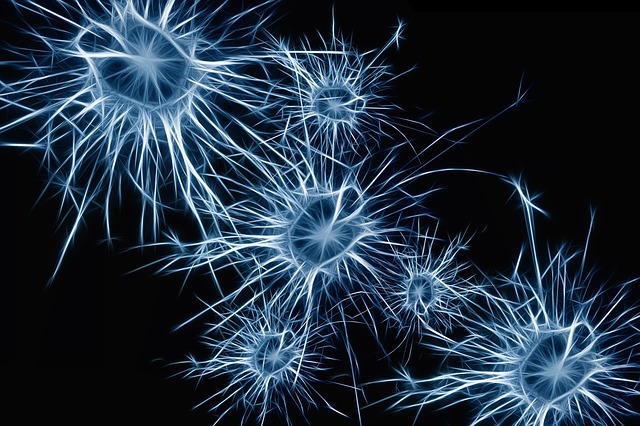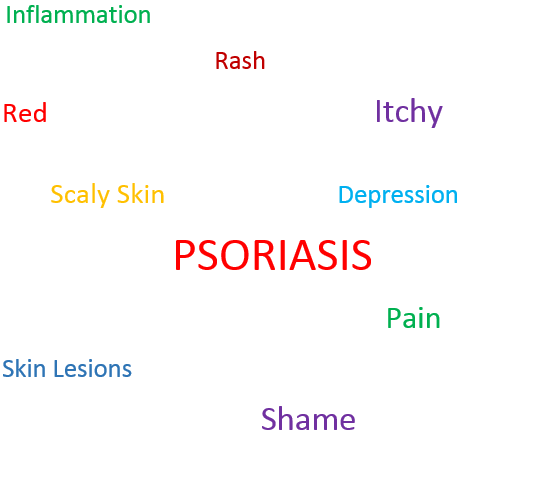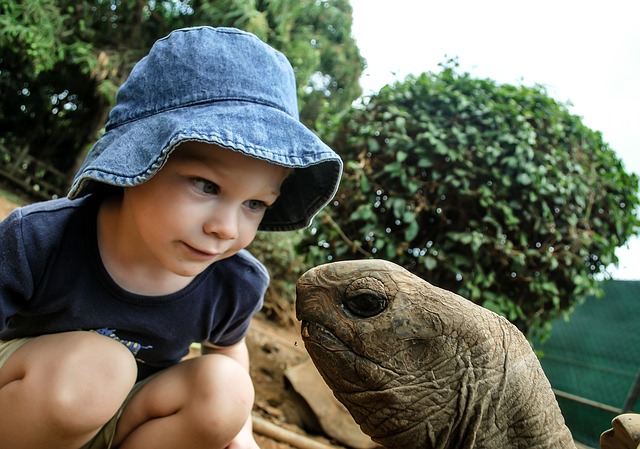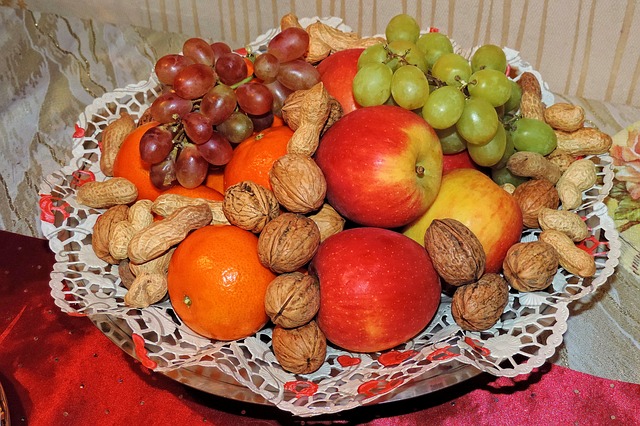Mindfulness and The Art of Conversation
Sakyong Mipham Rinpoche, in his presentation provided as part of the Mindfulness & Meditation Summit, focused on the theme, Mindfulness and the Art of Conversation. Sakyong is the author of a number of books, including, The Lost Art of Conversation: A Mindful Way to Connect with Others and Enrich Everyday Life. Sakyong emphasised the need for meditation in … Continue reading “Mindfulness and The Art of Conversation”









